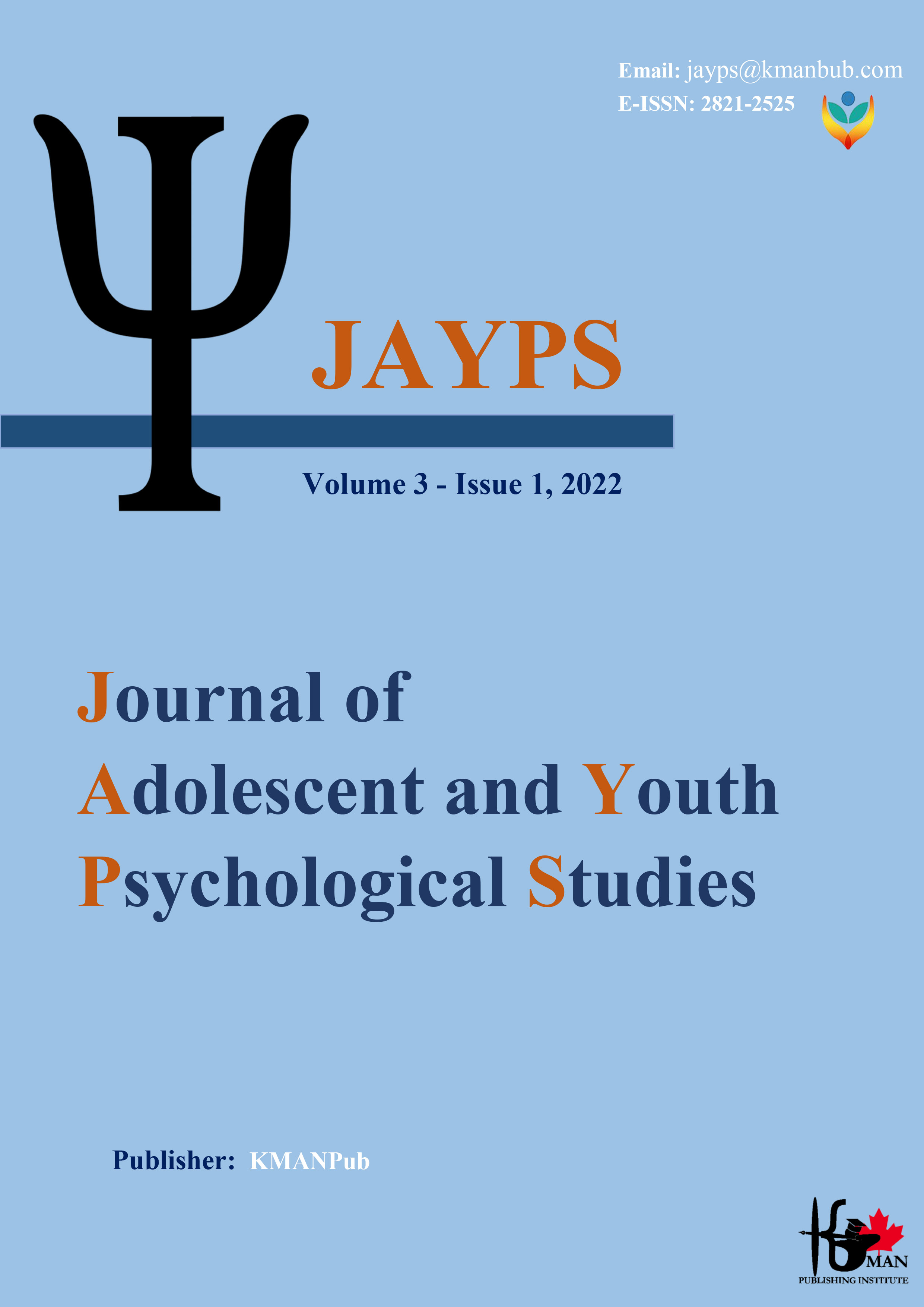Comparing the effectiveness of reality therapy couple therapy with imago-based couple therapy on improving the quality of life and increasing marital intimacy in women affected by marital infidelity
Keywords:
reality therapy, imago therapy, quality of life, intimacy, marital infidelityAbstract
Background and purpose: One of the most important factors that can disrupt the health of the family is breaking the commitment and exclusiveness of emotional and sexual relationships and creating relationships outside the family, or marital infidelity. The aim of the present study was to compare the effectiveness of reality therapy couple therapy with imago-based couple therapy on improving the quality of life and increasing intimacy in women affected by marital infidelity. Methods: The current research was applied research and in terms of the research method, it was a semi-experimental type of pre-test-post-test and follow-up research with a control group. The statistical population of the research was all the couples who were affected by marital infidelity who referred to the educational counseling and psychological services complex of Sabzevar city in 2018-19, out of which there were 21 couples (42 people) by sampling method. were selected as available. The data were obtained using the quality of life questionnaire (World Health Organization, 1996) and the marital intimacy scale (Thompson-Walker, 1993). The reality therapy couple therapy protocol (Glaser et al., 2005) was implemented in seven 90-minute sessions on the experimental group, but the control group remained on the waiting list. Analysis of variance with repeated measurements and spss software were used to analyze the data. Results: The results showed that there is a difference between the effectiveness of reality therapy couple therapy and imago-based couple therapy on improving quality of life (P<0.001) and increasing marital intimacy (P<0.001) in women affected by infidelity. There is a significant difference in marriage. Conclusion: It can be concluded that couple therapy based on reality therapy and couple therapy based on imago was effective in improving the quality of life and increasing marital intimacy in women affected by marital infidelity and this effect continued until the follow-up period.
Downloads
Downloads
Published
Submitted
Revised
Accepted
Issue
Section
License

This work is licensed under a Creative Commons Attribution-NonCommercial 4.0 International License.









